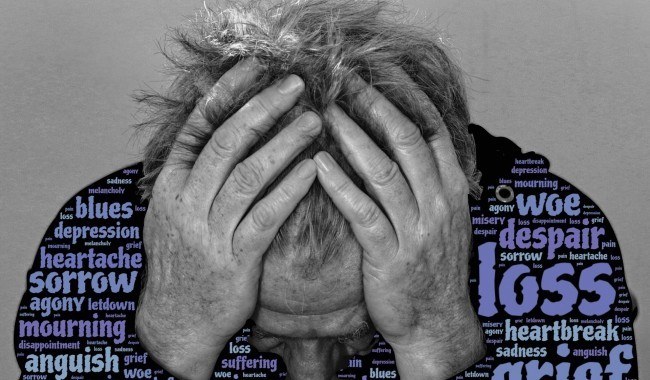There are many counseling service professionals (professional counselors, therapists) that need speech privacy in their offices (examination rooms):
More...
Many professional counselors and therapists operate from home offices or small clinics. As a result, they need a high level of privacy in the rooms where they talk to clients.
Quantitative Sound Insulation Objectives for Speech Privacy
Levels of speech privacy in closed rooms are specified in ASTM standard E2638-10. This standard defines Speech Privacy Class (SPC) as a single-number metric for quantifying degrees of speech privacy as follows:
category | SPC | Description |
|---|---|---|
Minimal speech privacy | 70 | One or two words will be intelligible at most once each 3 minutes, and speech sounds will be frequently audible (at most once each 0.6 minutes) |
Standard speech privacy | 75 | One or two words will be occasionally intelligible (at most once each 18 minutes), and speech sounds will be frequently audible (at most once each 2 minutes) |
Enhanced speech security | 80 | One or two words will be rarely intelligible (at most once each 2.3 hours), and speech sounds will be occasionally audible (at most once each 12.5 minutes) |
High speech security | 85 | Speech essentially unintelligible (at most once in 16 hours) and very rarely audible (at most once each 1.5 hours) |
Very high speech security | 90 | Speech not intelligible and very rarely audible (at most once each 11 hours) |
It is important to note that SPC defines speech privacy (unintelligibility), not speech audibility. However, according to information in reference [1], SPC must be over 82 to make sure that 80% of listeners will consider the speech inaudible.
Most professional counsellors (therapists) are looking for at least “standard speech privacy” SPC 75, or if possible, “enhanced speech security” SPC 80.Speech privacy in therapists' offices
As per the ASTM standard, speech privacy is governed by two components:
- 1Sound attenuation of the office walls and door.
- 2Background noise level at the unwanted listener’s location.
The sum of the background noise level in dB at the unwanted listener's position, and sound insulation in dB of the wall separating the listener from the talker, adds up to the required SPC.
An acoustical consultant will measure the sound insulation of the therapist’s office walls and doors and decide if improvement in soundproofing is required or not. In many cases, it may be possible to ensure speech privacy by increasing the background noise level at the unwanted listener’s location, usually the waiting room.
The door in a partition wall is an acoustically weakest point. Therefore, even a well-sealed, excellent door will provide only about 33 dB of sound insulation. This is only adequate if the background noise level near the entrance is at least 42 dB for standard privacy or 47 dB for enhanced privacy. Both levels are achievable with a professionally installed sound masking system.
Reference:
[1] ASTM metrics for rating speech privacy of closed rooms and open plan spaces. NRC research paper by B. Gover & J. Bradley
If you need advice about your office privacy, contact the author using the button below.
We always appreciate feedback from readers. Please use the form below to submit your comments. Your email address and message are private and visible only to the author.
